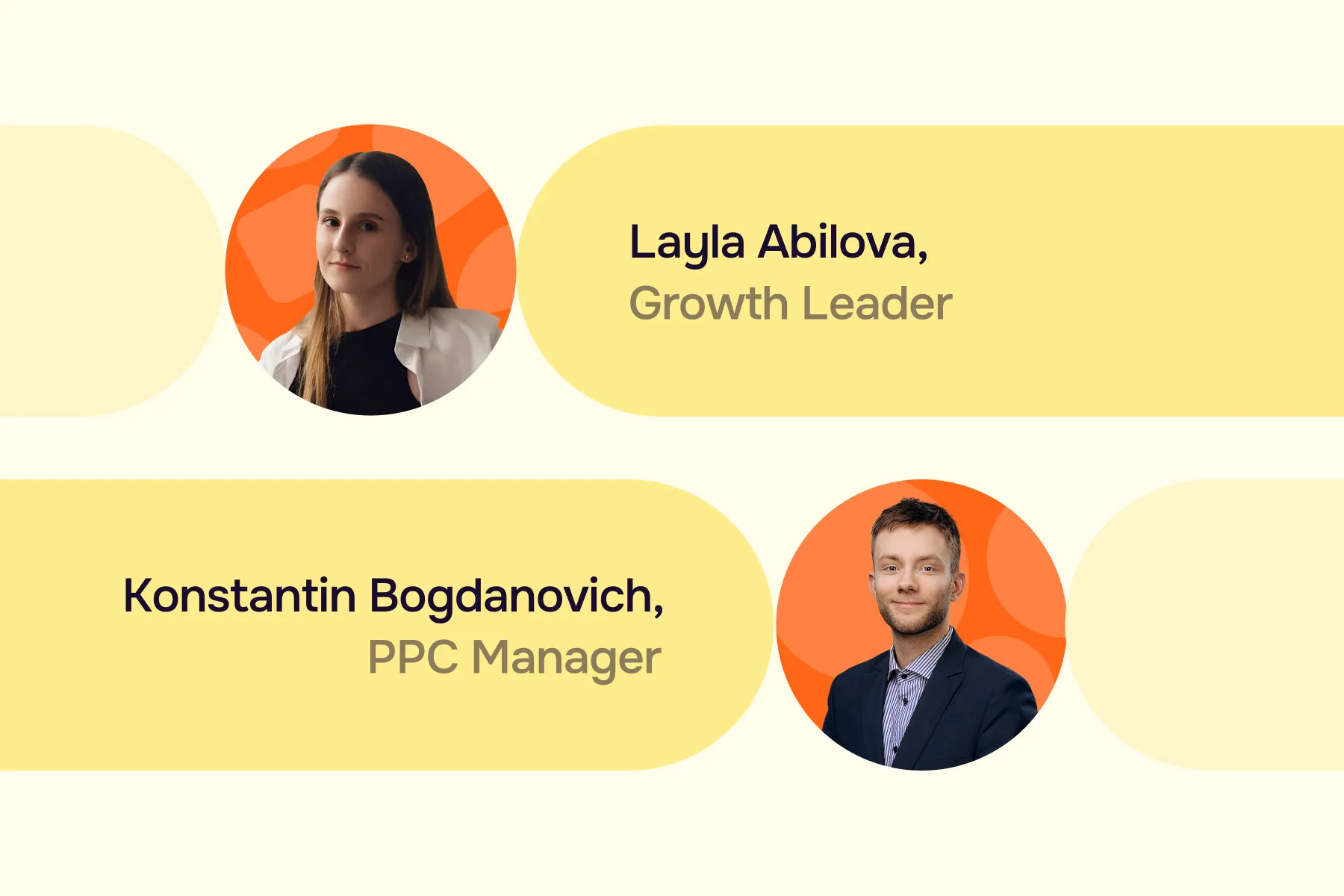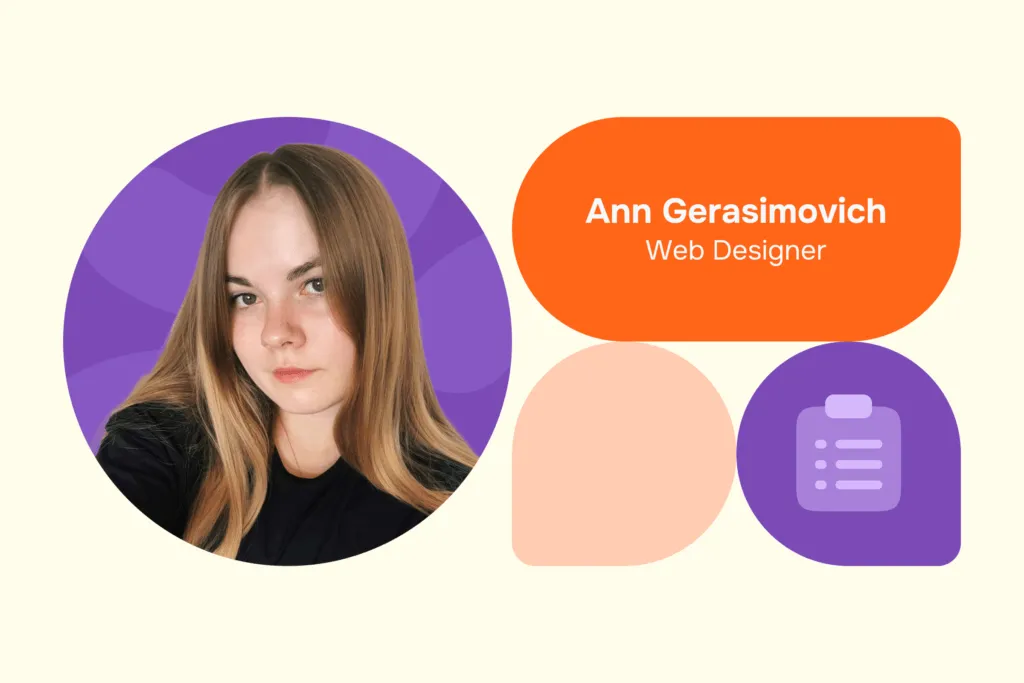Challenges of PPC Management for Small Business
Anastasiya Khvin
February 12, 2024

Running a small business can be challenging. Teams are small, budgets are tight, and there's always so much work you need to do!
If pay-per-click (PPC) advertising is an integral part of your marketing strategy, there's a lot you need to be aware of.
In this article, we'll look at the eight key challenges of PPC management for small businesses, what you can do to be successful, and how outsourcing your PPC can help.
1. You don't know where to start!
You know all about the benefits of PPC, but you don't know where to begin! Some questions you may have about PPC management for your small business include:
- What platform should you use to get the best results?
- What type of ad will work best for your business?
- What bidding strategy should you implement?
- How do you track the results?
Getting started with PPC can be scary if it's something you've not used before. After all, you want to make sure your campaigns are correct from the off!
If you're new to PPC or want to check that your existing campaigns are working as well as they should, a PPC audit is a great place to start.

In a PPC audit, an expert will help you identify what goals you want to achieve from your ads and structure your accounts to make them as effective as possible. This gives you a solid foundation to build your new campaigns on.
2. You don't have the time
PPC isn't something you can set up and leave running. It's important to keep an eye on your campaigns to ensure they're always optimized to deliver the best results. This may mean you spend more time than you'd like managing your PPC accounts.
For example, let's say you're running a Google Ads search campaign. Things are going well, and you're getting a high click-through rate. However, your competitor starts bidding on your brand keywords and trying to steal away potential customers. This means you need to completely rethink your PPC strategy to get back on top.

It's vital to keep on top of your campaigns to identify and resolve any problems as quickly as possible. Even if you use an automated bidding strategy, it's still important to manually check that your campaigns are running as you'd expect.
We recommend checking into your PPC accounts once a day. Often 15 minutes is all it takes to ensure your campaigns are in tip-top condition. If you leave your accounts for longer, they usually take more time to unpick.
3. You don't have the money
PPC is 'pay to play'. As long as you have the money, your ads will appear to your target audience. However, as soon as your budget runs out, your ads will no longer show.
Paid ads and paid social can be an expensive business. According to WebFx, nearly 55% of all companies earmark up to 25% of their marketing budget for PPC advertising, with a staggering 7% blowing 90% of their budget on PPC.
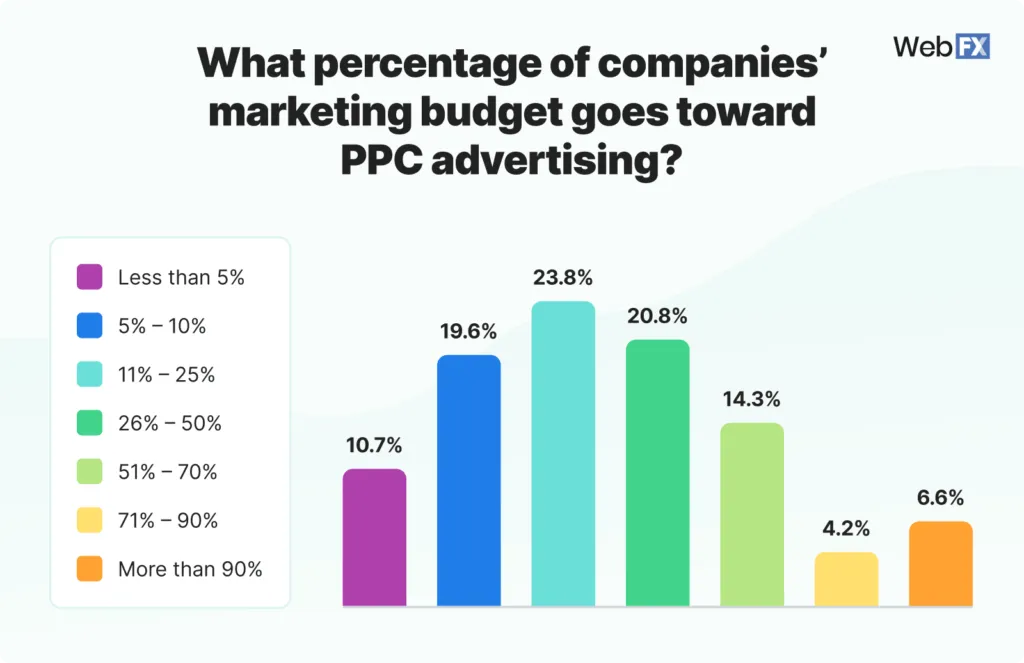
When you're a small business and your marketing budget isn't as large as you'd like, this can cause major issues.
The good news is that PPC doesn't have to be expensive. Some platforms like Google Shopping, Google Display Advertising, and even Reddit, have a low cost per click.
Using less competitive keywords, keeping your targeting tight, and using negative keywords can help reduce costs too.
4. You don't know who to target
"When you market to everyone, you market to no one."
This saying applies to all marketing channels, but especially to PPC. If you serve your ad to everyone, you'll waste your money advertising your product or services to people who aren't interested.
The great news is that all marketing channels, from Google Ads to Meta, allow you to target customers with laser precision. You can target by age, gender, location, even hobbies and interests!
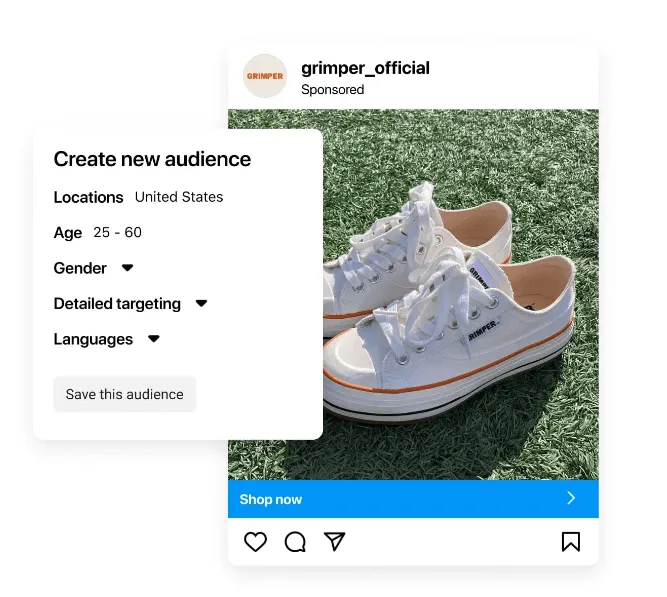
However, it can be easy to get overwhelmed when you're involved in PPC management for a small business. You have to build your audiences, analyze the results, and conduct A/B testing to see which targeting options work best. And, of course, you don't want to target such a small group that nobody sees your ad!
Our top tip for managing this as a small business is to know your target audience inside-out before you begin. Developing a customer profile for your brand will help you understand how to build the right audience.
Lookalike audiences are also great for finding prospective customers who might not have heard of your brand.
5. You don't have the skills
PPC seems easy in theory. You create an ad, set your budget, and launch it into the big wide world.
Job done… or is it?
There's a lot you need to bear in mind when considering PPC management for small businesses. You need to know which bidding strategy to use, how the different ad placements work, and how to interpret the results – more on that later.
Not only this, but PPC is constantly changing and evolving. Case in point: LinkedIn Ads will remove its lookalike targeting options in February 2024. It can be frustrating when you've got used to a PPC ad setup, only to find it's no longer an option.
The good news is that there are plenty of resources online to help you understand how PPC works and how to create the best campaigns.
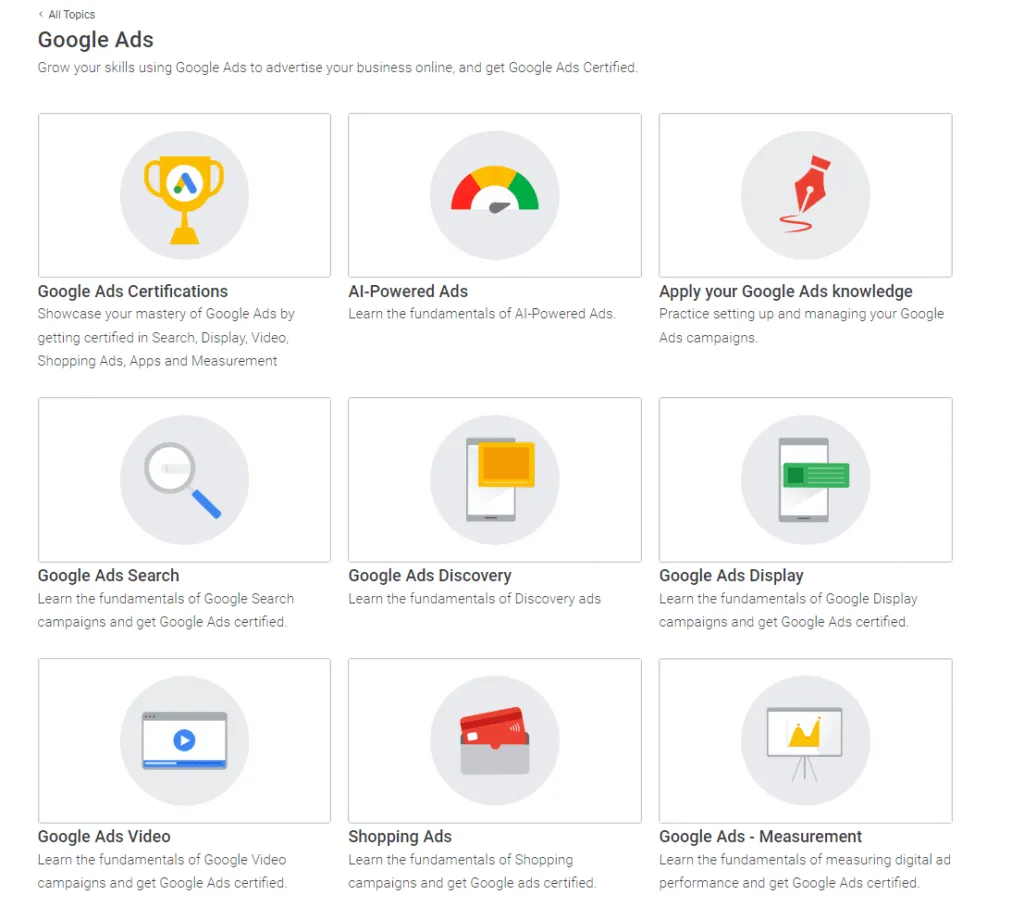
Google Ads offers a variety of free courses that come with an officially recognized certificate, while Meta has lots of paid social training too.
If you want to keep up with the latest PPC advertising news, there are lots of brilliant websites and newsletters. Search Engine Land, Geekout, and WordStream are great places to start.
6. You struggle to create effective copy and imagery
When creating PPC ads, you need to stand out. Imagine someone is scrolling on their phone – does your advert make them want to stop and pay attention?
High-quality ad copy, as well as images and videos, mean people are more likely to check out what you have to say. However, copywriting and graphic design are skills that take time to master.
If you don't already have these skills in your team, it may be worth hiring freelancers. With freelancers, you save money as you don't have to hire in-house, and can take advantage of a fantastic array of skills.
Alternatively, why not consider user-generated content, or UGC? For example, partnering with UK UGC creators can help you source authentic-looking videos and visuals that stop the scroll and build trust fast.

UGC is content your customers create, and it's relatively easy to boost their social media posts to target a brand-new audience. Of course, if you go down this route, get your customers' permission first!
7. You don't know how to optimize your website
With PPC, it's essential to consider the entire journey. You need to ensure that your ads are fantastic and that the landing pages they lead to are optimized to drive conversions.
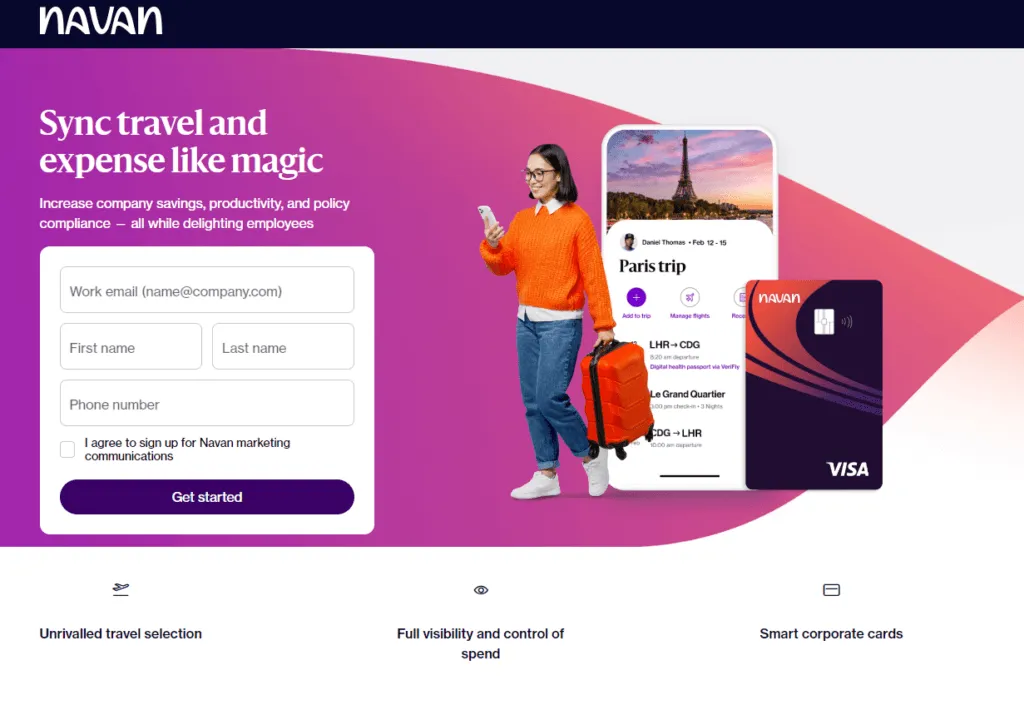
An optimized landing page doesn't just boost the number of leads you get, but can help reduce your PPC costs. A high-quality landing page increases your Quality Score in Google Ads, which in turn reduces your cost-per-click!
There are many tools that will help you create the perfect landing page – Unbounce is currently one of our favorites. We also recommend A/B testing your landing pages to see which elements drive the highest conversion rates.
8. You don't know how to interpret the data
PPC platforms provide you with an array of data about the ads you run. The issue is that you might not know how to use it.
Platforms like Google Ads do provide you with recommendations as to what to do with your PPC campaigns. However, you sometimes need to take these with a pinch of salt – do you really need to increase your ad budget to see results?
There is a lot of information online that can help you shed light on your ad data. As well as courses and online resources, there may be a friendly PPC expert on LinkedIn or X who may be happy to offer advice!
Alternatively, a PPC agency can help you decipher your ad data and help you make informed business decisions. Read on to find out more…
How a PPC agency can help put your mind at ease
PPC can be a great way to find new customers when you operate a small business. It also raises brand awareness and encourages previous customers to buy from you again.
In fact, the average small-to-medium-sized business invests seven times more in PPC than SEO!
However, it's vital to do it right. While it might be tempting to jump straight in, doing this without experience and knowledge can mean you waste money targeting the wrong people.
If you're looking for effective PPC management for your small business, working with an agency can help.
The great thing about working with a digital marketing agency that specializes in PPC is that they have years of experience working on paid search and paid social campaigns. Using specialist enterprise tools, they'll identify the right keywords, generate perfect ad copy, and adjust bids to ensure you get a great return on your ad spend.
At Aimers, PPC is at the heart of what we do. No matter the size of your business and the industry you work in, our skilled team will create a bespoke marketing strategy that drives conversions.
Want to find out more? Get in touch today!
FAQs

February 3, 2026

February 2, 2026

July 10, 2024





